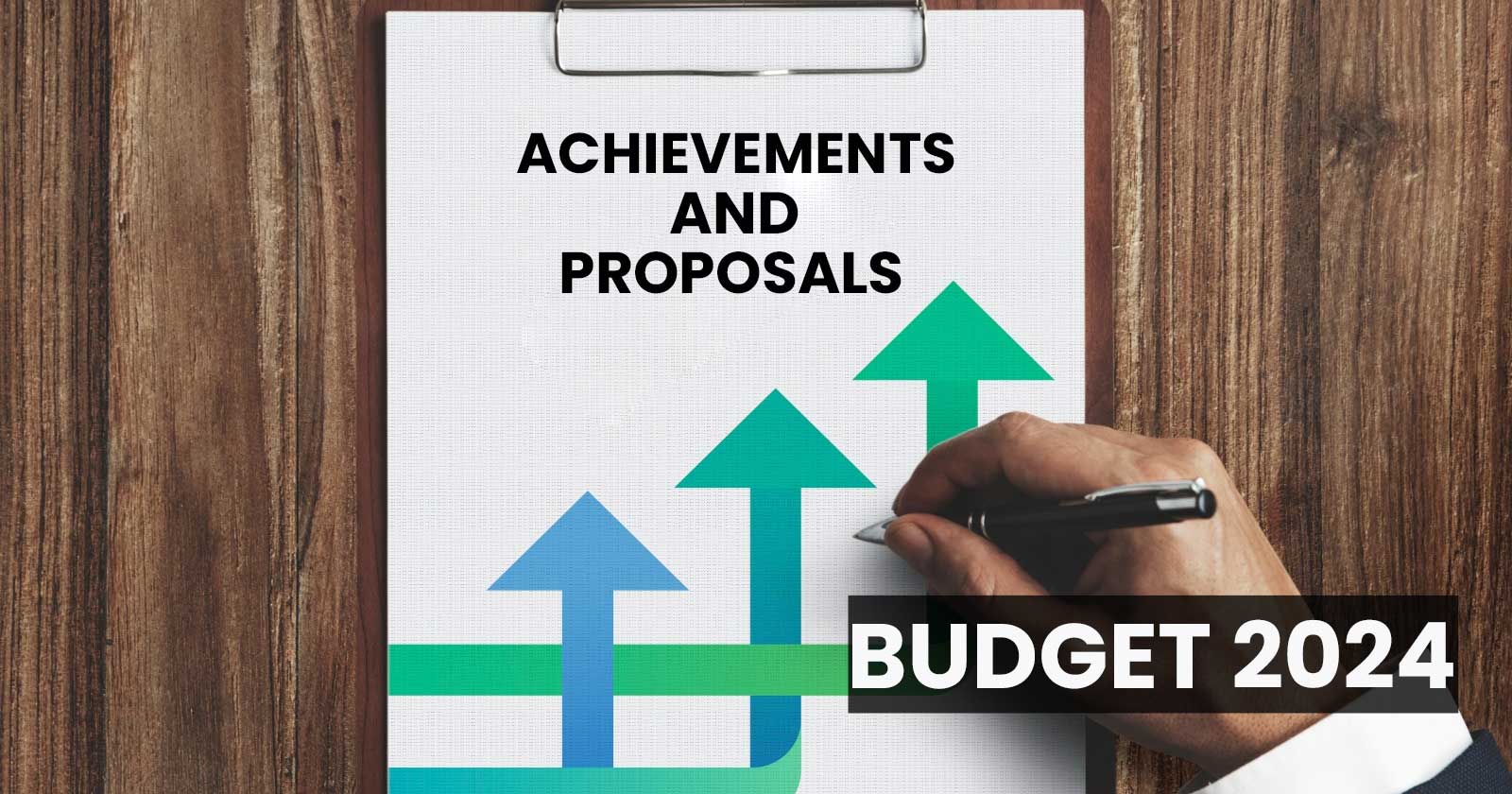Taxation and Interim Budget 2024: Achievements and Proposals [Read Finance Bill]
Know the Achievements of Union Government in previous Fiscal year and proposed tax-regime changes for FY 2024-2025, as presented by FM Nirmala Sitharaman in the budget speech

Interim Budget 2024 – Interim Union Budget 2024 – Budget 2024 – Nirmala Sitharaman Budget – Tax Proposals Interim Budget 2024 – Taxscan
Interim Budget 2024 – Interim Union Budget 2024 – Budget 2024 – Nirmala Sitharaman Budget – Tax Proposals Interim Budget 2024 – Taxscan
Union Finance Minister Nirmala Sitharaman has presented the Interim Budget 2024, highlighted to be focused on Social Inclusivity and Geographical Inclusivity that extends the humane and inclusive approach of the Government. The Budget comes with minor tax reforms and highlights the achievements of the government in the tax-verse, both direct and indirect.
Reform, perform and transform continue to be the financial motto of the Government. The last budget of the Second Narendra Modi government aims to focus on “Garib, Mahilayen, Yuva and Annadata”, prioritizing their needs and aspirations.
Read More: Union Budget 2024: Key Highlights of Direct & Indirect Tax Announcements
In a major fiscal update, the government unveils remarkable achievements in taxation reforms over the past decade and introduces key proposals in the Interim Budget 2024.
Read Also: Union Budget 2024: Key Highlights of Interim Budget Speech
Achievements of Taxation Reforms:
1. Tripling of Direct Tax Collections: Over the last 10 years, direct tax collections have witnessed an impressive surge, more than tripling in magnitude.
2. Surge in Return Filers: The number of return filers has seen a substantial increase, swelling to 2.4 times the figures a decade ago.
3. Faster Refunds: The government boasts a significant reduction in the average processing time for returns, plummeting from 93 days in 2013-14 to a mere 10 days in 2023-24.
4. Consumer Benefits: Consumers rejoice as the reforms lead to a reduction in logistics costs, resulting in lower prices for a wide array of goods and services.
5. GST Collections Double: Monthly Gross GST collections have doubled, reaching ₹1.66 lakh crore in FY24, indicating a robust economic activity.
6. Enhanced Tax Buoyancy: The tax buoyancy of State revenue has witnessed a substantial increase from 0.72 (2012-16) to 1.22 in the post-GST period (2017-23).
7. Efficient Import Processes: Import release time has significantly declined since 2019, with reductions of 47% at Inland Container Depots, 28% at Air Cargo complexes, and 27% at Sea Ports.
8. Positive Sentiment about GST: A survey conducted by a leading consulting firm reveals a positive sentiment among industry leaders, with 94% viewing the transition to GST as largely positive. Additionally, 80% of respondents believe that GST has led to supply-chain optimization.
Tax Proposals:
1. Continuity in Taxation Benefits: Certain tax benefits for start-ups and investments made by sovereign wealth funds/pension funds will continue. The tax exemption for some IFSC units, originally set to expire on 31.03.2024, has been extended to 31.03.2025.
2. Withdrawal of Outstanding Direct Tax Demand: To provide relief to taxpayers, outstanding direct tax demands up to ₹25,000 for FY10 and up to ₹10,000 for FY11-FY15 will be withdrawn, benefiting approximately 1 crore taxpayers.
3. Retention of Same Tax Rates: The government maintains the status quo on tax rates for both direct and indirect taxes, including import duties. Corporate taxes remain at 22% for existing domestic companies and 15% for certain new manufacturing companies. Taxpayers with income up to ₹7 lakh continue to enjoy no tax liability under the new tax regime.
As the nation awaits further details, the interim budget reflects the government's commitment to sustaining economic growth through prudent taxation policies.
To Read the full text of the Finance Bill CLICK HERE
Support our journalism by subscribing to Taxscan premium. Follow us on Telegram for quick updates


